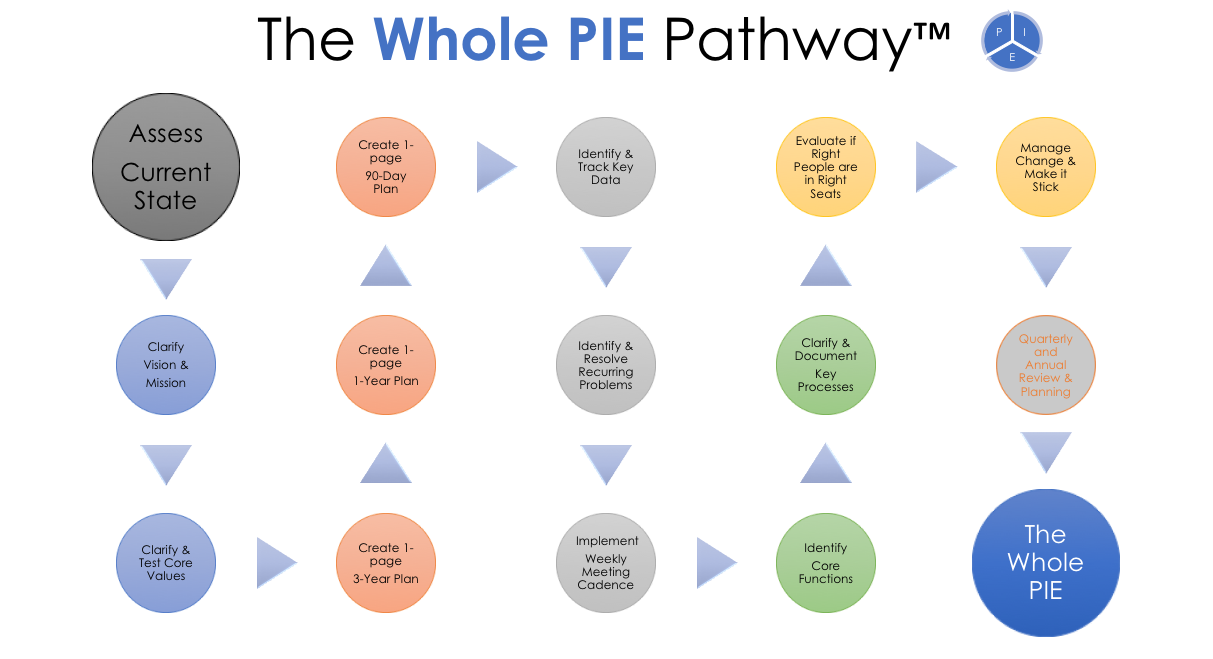Business lessons from a $4 Christmas gift
Business lessons from a $4 Christmas gift

With four school-aged kids in our house, Christmas morning is quite the production. Wrapping paper flies everywhere as the kids open their gifts from Santa, mom and dad, grandparents, and other relatives. Among the mix this year was a new bike, a giant dollhouse, an Xbox, some Lego sets and, of course, lots of clothes.
Despite those relatively big-ticket items that the kids found under the tree, it has become clear already that the most enduring gift received this year is the $4 chess set that my 10-year old son Noah gave to my 13-year old son Gabe.
As you might imagine given the price tag, the board is small and the pieces are smaller. Plastic on cardboard. Usually a gift like that is broken, or pieces lost, within a few hours of opening. But not this gift.
Gabe and Noah have probably played 20 games so far. My oldest daughter Alex (15) and I have learned to play and are now hooked as well. I expect my wife and my youngest daughter Charlie (6) are not far behind.
After only a few days it is painfully evident that one chess set in this family isn’t enough to meet the growing demand. Boxing Week sales, here we come. Maybe we can get the next set for $3!
Why do I share this story here? What does it have to do with running a small business?
Two reasons.
First, strategy. Even though I don’t yet have much in the way of strategy when playing chess (as evidenced by my terrible won-loss record so far), it’s clear that good players are well versed in chess strategy. A few episodes of the Netflix series The Queen’s Gambit has confirmed that. (Yes, that my wife and I have started holiday binge-watching that show—and not one of the thousand other options available—is another sign of our new-found family addiction to chess.)
And while chess strategy and business strategy aren’t the same, what is the same is that good business owners, like good chess players, are guided by good strategy. Heading into a new calendar year (even if it doesn’t coincide with your fiscal year) is a wonderful time to revisit, refresh, or even recreate the strategy for your business. A great way to do this is by creating your 1-Year Plan and 90-Day Plan for the first quarter of 2021.
Peter Drucker famously said that culture eats strategy for breakfast. That may be true. But that’s not to say strategy isn’t important. My take on it is that creating a business culture of accountability, built on a regular meeting and planning cadence that includes annual and quarterly planning, is in and of itself a great corporate strategy.
The second business takeaway from the $4 chess set is that small changes can have a big impact. When examining your business as part of your annual planning process, resist the temptation to keep doing things the way you’ve always done them simply because that’s the way you’ve always done them.
In other words, never invite SALY (Same As Last Year) to your annual planning party. SALY is a TERRIBLE party guest. Responding to the questions Why are we doing this? and Why do we do it that way? with Because that’s the way we’ve always done it, or Let’s just do it the same as last year, is a TERRIBLE way to plan for and run your business.
Now, if it ain’t broke, don’t fix it – that’s true. But if you can’t articulate WHY something ain’t broke (or, more positively, why it’s working), then you’re just getting lucky—and your luck can change.
So in looking ahead to 2021, ask yourself: what are some small changes I can make that could have a big impact on my business? Could you:
- Delegate or outsource some tasks to others to free up more of your time?
- Raise your prices or fee structure a little bit?
- Make a key personnel decision you have been dragging your feet on?
- Develop a new relationship with a key account, supplier, or joint venture opportunity?
- Implement a fun weekly or monthly activity into your culture?
- Find 20 minutes a day for exercise, or a creative outlet, or something else that feeds the body or the soul?
- Set a goal to meet with your leadership team weekly, and actually stick to it?
- “Fire” one or more clients who aren’t adding value to your business or your life, so that you can free up room for more clients who do?
The list can go on and on. What one or two or three small changes can you make in your business that could most increase the level of profit, impact, and joy in your business?
What will your $4 chess set be in 2021?
Need help with your annual planning process for 2021? Want to learn the SYSTEM for creating more Profit, Impact, and Enjoyment in your business? Consider joining other like-minded business owners enrolling in the Whole PIE Business Management System Training Program beginning January 20, 2021.




